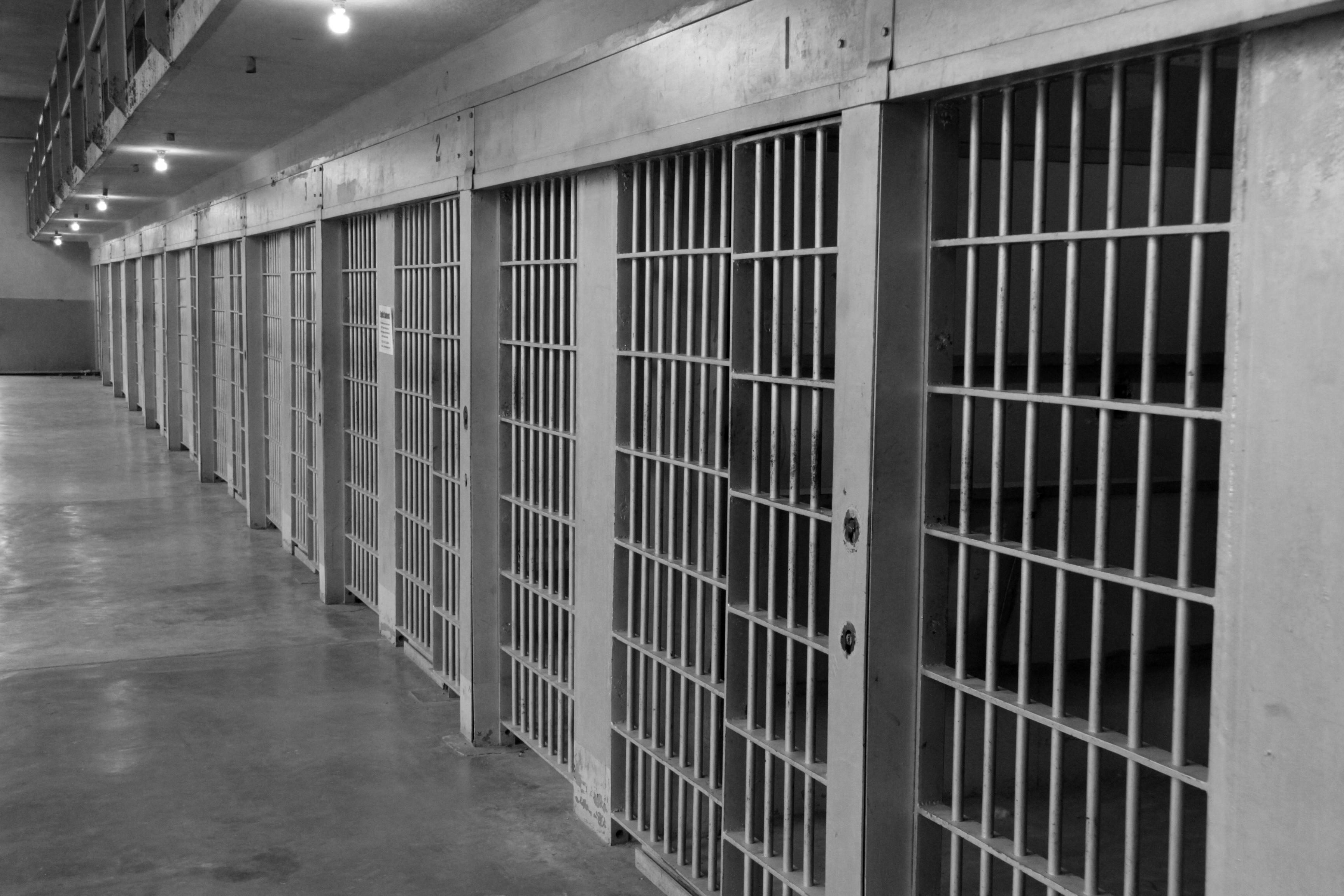By Garret DeReus, December 19, 2024
Incarcerated individuals have a constitutionally protected right to necessary medical care while in custody. This fundamental right is established through multiple legal frameworks at both federal and state levels.
Constitutional Protections
The U.S. Constitution provides two primary sources of protection for inmates’ medical care rights. The Eighth Amendment’s prohibition against cruel and unusual punishment requires that convicted inmates receive adequate medical care. For pretrial detainees, the Fourteenth Amendment’s due process clause safeguards their right to medical treatment.
Courts have consistently held that deliberately failing to provide necessary medical care to incarcerated individuals violates these constitutional protections. This includes both emergency medical treatment and ongoing care for chronic conditions.
Louisiana Basic Jail Guidelines
Louisiana law further reinforces these rights through the Basic Jail Guidelines (La. Admin Code. Title 22, Part III, §§ 2501-3711). These regulations establish specific requirements for medical services in correctional facilities, including:
- Standards for initial medical screening
- Protocols for emergency medical care
- Requirements for ongoing treatment of chronic conditions
- Guidelines for medication administration
- Standards for medical record maintenance
Professional Standards of Care
Medical professionals working in correctional facilities must adhere to the same professional standards of care that apply outside prison walls. Whether provided by facility staff or outside medical providers, all healthcare services must meet established medical standards for quality and appropriateness of care.
Medical Care for Individuals with Disabilities
Correctional facilities must provide appropriate medical care and reasonable accommodations for incarcerated individuals with disabilities. The Americans with Disabilities Act (ADA) and Section 504 of the Rehabilitation Act protect the rights of disabled inmates to receive necessary reasonable accommodations/modifications, mobility aids, and accommodations that allow them to access prison services and programs.
The protections afforded by state and/or federal law to individuals with disabilities include:
- Physical disabilities requiring mobility aids
- Chronic medical conditions requiring ongoing treatment
- Mental health conditions requiring therapeutic care and medication
- Developmental or intellectual disabilities requiring specialized support
- Hearing or vision limitation requiring communication assistance
Facilities must ensure that disabled inmates receive:
- Necessary medical devices and mobility aids
- Appropriate housing accommodations
- Access to specialized medical care
- Proper medication management
- Regular medical evaluations
- Assistance with daily living activities when needed
Medication Management and Rights
Proper medication management is a crucial component of correctional healthcare. Facilities must establish and maintain systems for:
Prescription Medications
- Timely dispensing of prescribed medications
- Proper storage and handling of medications
- Accurate documentation of medication administration
- Continuation of necessary medications
- Regular medication reviews and adjustments
Medication Access
Facilities must ensure:
- No unreasonable delays in providing prescribed medications
- Access to necessary medications for chronic conditions
- Protection against arbitrary discontinuation of medications
- Proper monitoring for medication side effects
- Appropriate pain management when medically necessary
Medication Safety
Failure to properly manage medications can result in serious harm to incarcerated individuals and may constitute a violation of their constitutional rights or medical malpractice or negligence. Potential medication-related issues include:
- Arbitrary denial of prescribed medications
- Extended delays in providing necessary medications
- Improper substitution of medications
- Failure to monitor medication effects
- Inadequate pain management
- Medication errors due to negligence
When Rights Are Violated
Despite the protections afforded by state and federal law, inadequate medical care remains a serious issue in many correctional facilities. When an individual is injured because a correctional facilities fail to meet its legal obligations, the individual may be able to pursue a claim for damages. The family members of incarcerated individuals should be vigilant about their loved ones’ rights and seek legal counsel if they suspect medical neglect or inadequate care.
